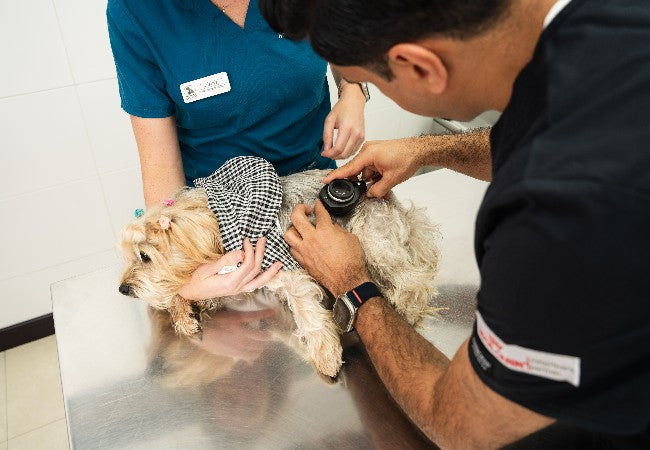Vet Approved Guide: Identifying & Treating Ant Bites on Dogs in 2025 🐶🐾

In this article
Vet Approved Guide: Identifying & Treating Ant Bites on Dogs in 2025 🐶🐾
Ant bites can cause discomfort and, in some cases, serious health issues for dogs. 🐾 Understanding how to identify and treat these bites is essential for every pet owner. Let's explore veterinarian-approved insights into managing ant bites on dogs in 2025. 🛡️
🔍 Recognizing Ant Bites on Dogs
Dogs are often bitten on their paws and faces, as these areas are most exposed during exploration. Signs of ant bites include:
- Red, raised bumps: Often with a white center resembling a pimple.
- Swelling: Especially on the face, which can lead to breathing difficulties.
- Itching and discomfort: Leading to excessive licking or chewing of the affected area.
- Vocalization: Whining or yelping due to pain.
In severe cases, dogs may exhibit signs of an allergic reaction, such as vomiting, diarrhea, weakness, or collapse. Immediate veterinary attention is crucial in these instances.
🛠️ Treating Ant Bites at Home
For mild reactions, follow these steps:
- Remove ants: Gently brush off any remaining ants using gloves to protect yourself.
- Clean the area: Wash the bite site with mild soap and cool water.
- Apply a cold compress: Use a cloth-wrapped ice pack to reduce swelling and pain.
- Prevent licking: Use an Elizabethan collar to stop your dog from aggravating the bite.
Monitor your dog closely for any signs of worsening symptoms. If the condition doesn't improve or deteriorates, consult your veterinarian promptly.
💊 When to Seek Veterinary Care
Immediate veterinary attention is necessary if your dog exhibits:
- Facial swelling: Especially around the eyes and muzzle.
- Difficulty breathing: Indicating a possible severe allergic reaction.
- Persistent vomiting or diarrhea: Signs of systemic involvement.
- Lethargy or collapse: Indicating a potentially life-threatening situation.
Your veterinarian may administer antihistamines, corticosteroids, or epinephrine, depending on the severity of the reaction.
🛡️ Preventing Ant Bites
Prevention is key to protecting your dog from ant bites:
- Maintain your yard: Regularly inspect and treat ant mounds in your yard.
- Supervise outdoor activities: Keep your dog away from known ant-infested areas.
- Use pet-safe repellents: Apply veterinarian-approved repellents before outdoor excursions.
- Keep feeding areas clean: Avoid attracting ants by promptly cleaning up food spills.
By implementing these measures, you can significantly reduce the risk of ant bites.
📱 Enhance Your Dog's Safety with These Tools
Consider leveraging these resources to support your dog's health:
- Ask A Vet: Access 24/7 veterinary advice for any concerns regarding your dog's health. 🩺
🎯 Final Thoughts
Ant bites can range from minor irritations to serious health threats for dogs. Recognizing the signs, administering appropriate first aid, and knowing when to seek veterinary care are essential for every pet owner. Stay vigilant and proactive to ensure your dog's safety and well-being. 🐾
For personalized advice and support, download the Ask A Vet app today. 📲🐶






